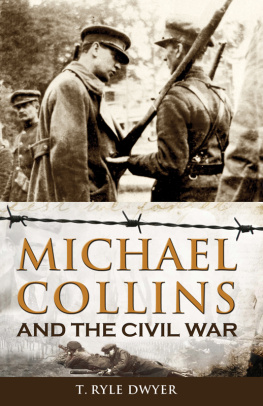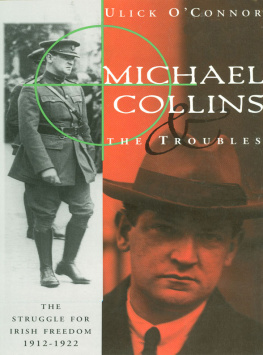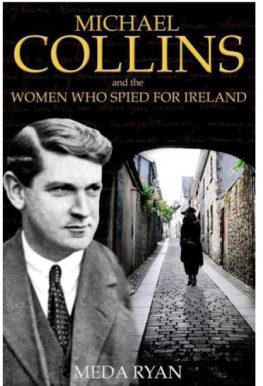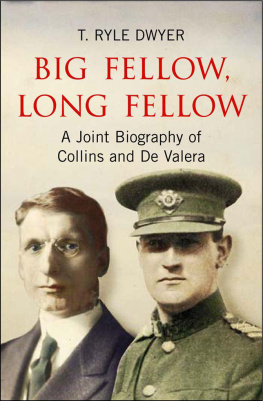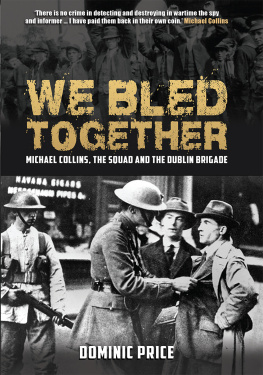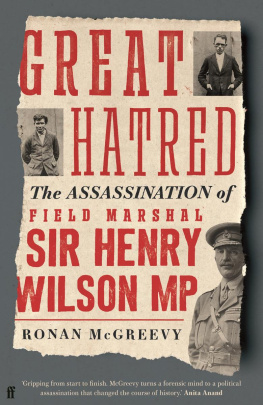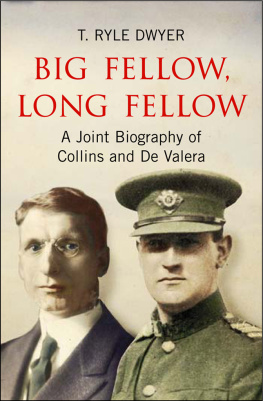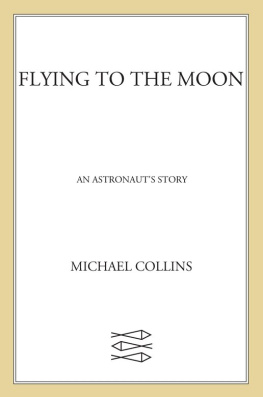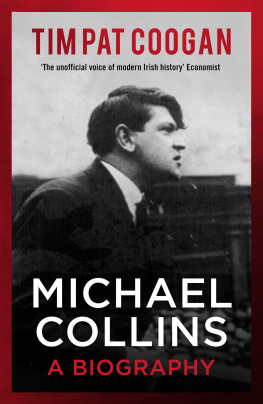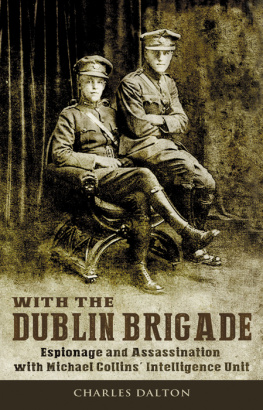MICHAEL
COLLINS
AND THE CIVIL WAR
T. R YLE D WYER

T O F IONA , D AVE , N ORA AND F INN D EENEY
MERCIER PRESS
3B Oak House, Bessboro Rd
Blackrock, Cork, Ireland.

| www.mercierpress.ie . |

| http://twitter.com/IrishPublisher . |

| http://www.facebook.com/mercier.press . |
T. Ryle Dwyer, 2012
ISBN: 978 1 78117 032 8
Epub ISBN: 978 1 78117 100 4
Mobi ISBN: 978 1 78117 101 1
This eBook is copyright material and must not be copied, reproduced, transferred, distributed, leased, licensed or publicly performed or used in any way except as specifically permitted in writing by the publishers, as allowed under the terms and conditions under which it was purchased or as strictly permitted by applicable copyright law. Any unauthorised distribution or use of this text may be a direct infringement of the authors and publishers rights and those responsible may be liable in law accordingly.
CONTENTS
.
.
.
.
.
.
.
.
.
.
.
.
.
.
.
.
.
.
.
.
.
.
.
.
.
.
.
.
.
.
.
Index
. PREFACE
Although I grew up and received all of my primary and secondary school education in Ireland, I do not remember hearing anything about Michael Collins until I went to university in Texas in the mid-1960s. It was not so much that he was written out of Irish history, but rather the fact that twentieth-century Irish history was not taught in school at the time. It was still less than forty years since the Civil War of 19223 and it seemed that the wounds were still too raw to cover the period in school. That was understandable enough, considering that in Texas the wounds of the American Civil War, which had ended a century earlier, were still apparent.
My first introduction to this period of Irish history was while taking a course on European history between the two world wars. I wrote a term paper on the causes of the Irish Civil War. I had thought it was fought primarily over the partition question and was stunned to learn that the conflict had essentially nothing to do with partition. I went on to write a masters thesis on the Anglo-Irish Treaty, and a revision of that was published in the Capuchin Annual 1971, marking the fiftieth anniversary of the Treaty.
Since then I have written over twenty books on Irish history, and this book is the final part of a trilogy covering the life of Michael Collins. Michael Collins: The Man Who Won the War dealt with his early years and his part in the War of Independence, I Signed My Death Warrant: Michael Collins & the Treaty covered his involvement in the Treaty negotiations of 1921, and this book . deals with the final eight months of his life leading up to the Civil War and his untimely death.
In 1990, I was invited to take part in an RT discussion programme. Other panel members were Tim Pat Coogan, Mary Banotti and the late Brendan OReilly. As a historian I felt distinctly uncomfortable when the programme began to sound like a case for the canonisation of Collins and, to some extent, the demonisation of amon de Valera. When I remarked that Collins was no saint, Joe Duffy, who was chairing the programme, joked that Mary Banotti a grandniece of Michael Collins had just fallen off her stool.
Some weeks later I received a letter from Liam Collins who had given me access to the papers of his uncle Michael Collins mentioning that he had heard the programme. I was very taken aback at the time by your contribution, he wrote. Since then I have decided to read your publication The Man Who Won the War. And quite frankly I am very glad I did so. As I see your book, it recognises in quite a fair and honest way the pluses and minuses of the man.
Having written and read so much about Collins, I did not expect any surprise findings while researching this study, especially as so much has been written about him in recent years, but I was to be proven wrong. Collins has become an iconic figure of twentieth-century Irish history. Like President John F. Kennedy, he was assassinated at the height of his career and the similarities do not end there. There have been many conspiracy theories surrounding both mens deaths and their love lives. For decades it seemed that nobody could suggest anything critical of Collins. However, his triumphs and failures should be kept in perspective.. What I found most surprising during my research was not that Collins was involved in the taking or holding of human hostages for political purposes, but that this has essentially been ignored by history. What was even more surprising was that history has also ignored the fact that Winston Churchill retaliated against Collins by sponsoring the same kind of hostage-taking.
My aim in my three books on Collins has been neither to deify nor to demonise the man, but to present a balanced picture of an individual who lived in exciting times, his many contradictions and the phenomenal range of responsibilities that he undertook during his relatively short life.
T. R YLE D WYER
Tralee
.. 1
WE WILL NOW CALL ON THE IRISH PEOPLE TO RALLY TO US
After a protracted debate stretching over five weeks, with a break for Christmas, Dil ireann formally approved the Anglo-Irish Treaty on Saturday 7 January 1922. This was the first major step in the settlement of the Irish question and it marked a milestone in Irish history.. . I do not regard the passing of this thing as being any kind of triumph over the other side, Michael Collins told the Dil immediately following the vote. I will do my best in the future, as I have done in the past, for the nation. What I have to say now is, whether there is something contentious about the Republic about the government in being or not, that we should unite on this: that we will all do our best to preserve the public safety.
Hear, hear, said amon de Valera, among others.
When countries are passing from peace to war or war to peace, Collins said, they have had their most trying times on an occasion like this. Whether we are right or whether we are wrong in the view of future generations there is this: that we now are entitled to a chance; all the responsibility will fall upon us of taking over the machinery of government from the enemy. In times of change like that, Collins continued, there are always elements that make for disorder and that make for chaos. That is . as true of Ireland as of any other country; for in that respect all countries are the same.
He called for some kind of joint committee to preserve peace during the forthcoming transition, in which a democratically elected government would quickly take over the full reins from the British-appointed administration that had run Ireland from Dublin Castle for over a century. Now, I only want to say this to the people who are against us and there are good people against us so far as I am concerned this is not a question of politics, nor never has been. I make the promise publicly to the Irish nation that I will do my best, Collins said. The president knows how I tried to do my best for him.
Hear, hear, de Valera said.
Well, he has exactly the same position in my heart now as he always had, Collins added.
I claim my right, before matters go any further, to register my protest, Mary MacSwiney interjected, because I look upon this act tonight worse than I look upon the Act of Castlereagh. I, for one, will have neither hand, act, nor part in helping the Irish Free State to carry this nation of ours, this glorious nation that has been betrayed here tonight, into the British Empire either with or without your hands up. I maintain here now that this is the grossest act of betrayal that Ireland ever endured.
Next page
